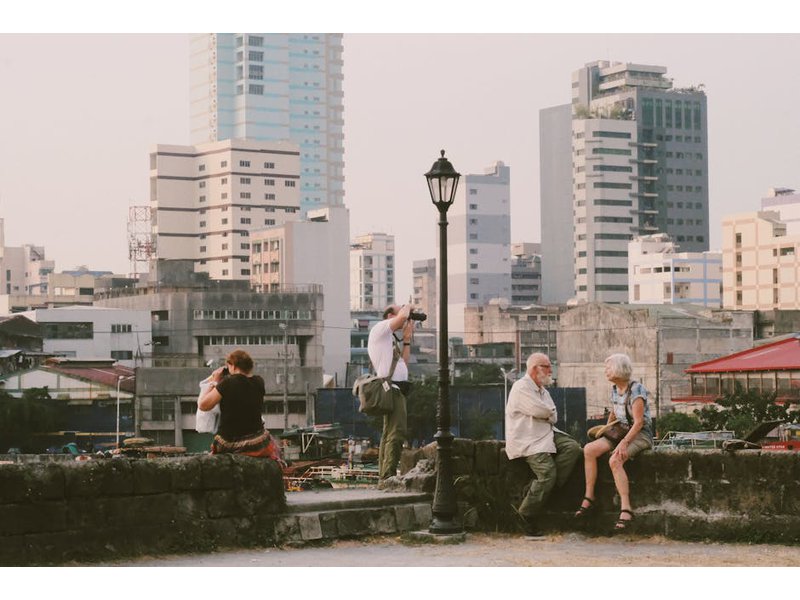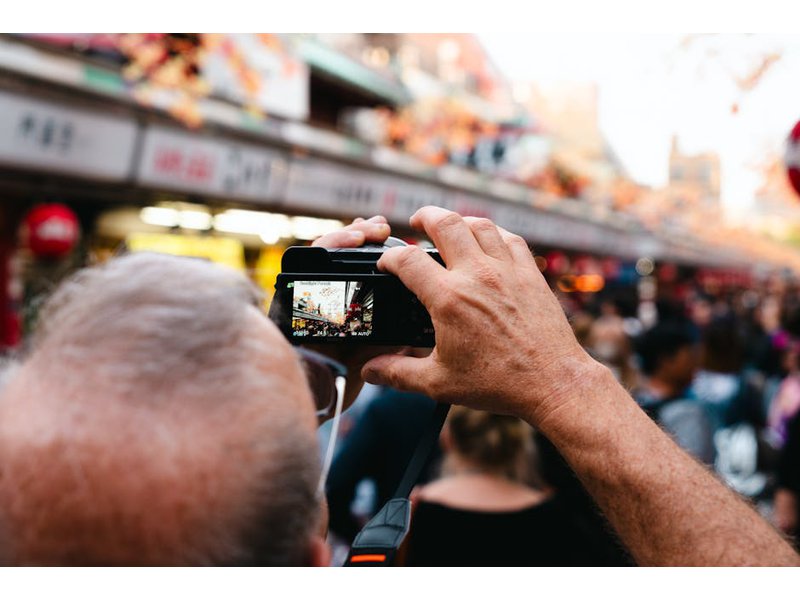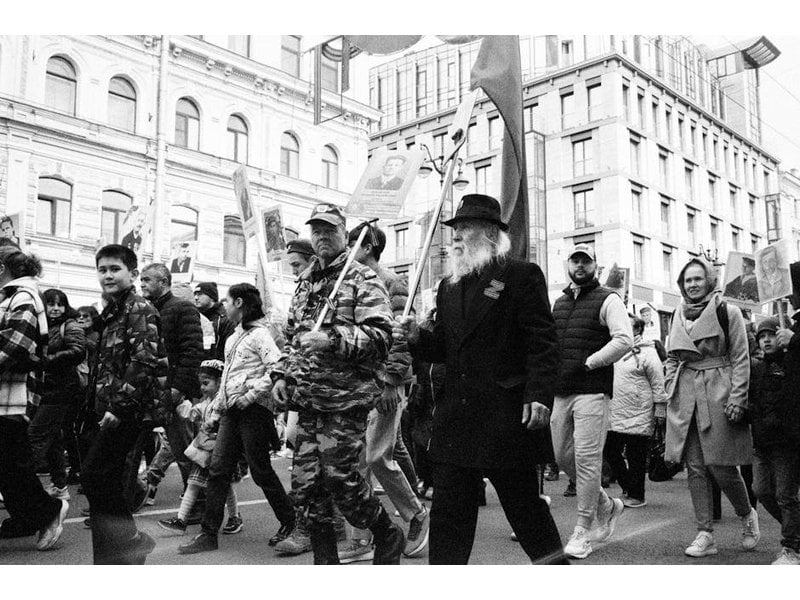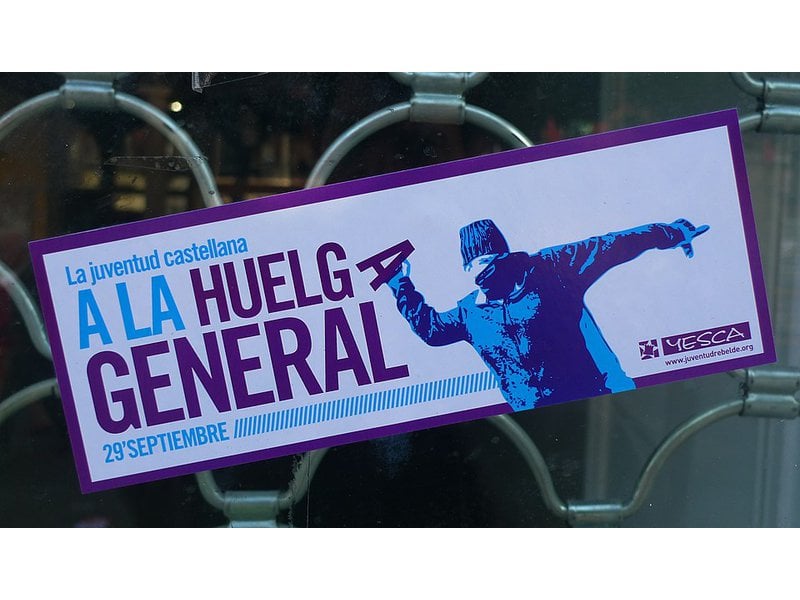126 boycott of government departments agencies and other bodies
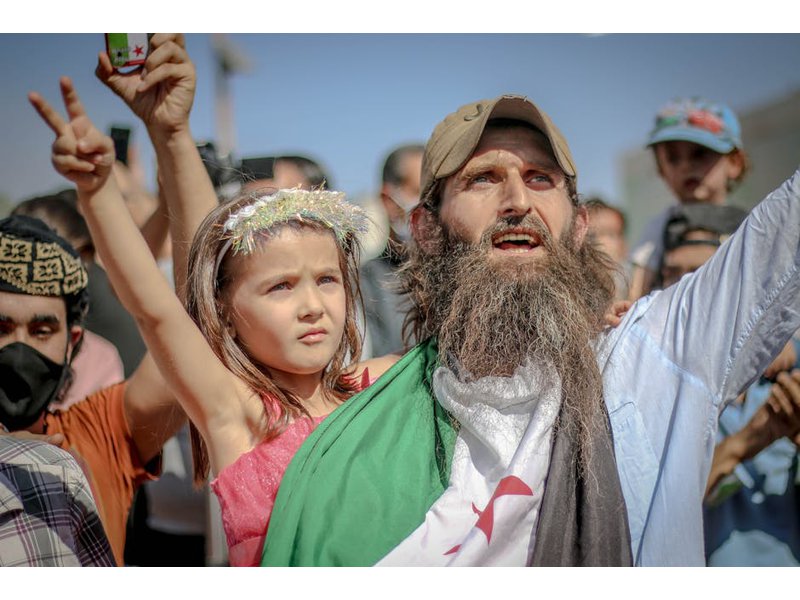
"In refusing to recognize the authority of the government or to support one of its particular policies, the resisters may refuse to cooperate with all government departments or only with the governmental bodies responsible for the particular objectionable policy. Such noncooperation may sometimes be conducted even at the financial expense of the noncooperators. This type of boycott may involve either withholding new forms of cooperation or severing existing forms of cooperation. Many types of departments, agencies and bureaus may be boycotted. This method may also involve a refusal to accept government loans, grants-in-aid, and the like.55"...
Potentially problematic matches
High scoring campaigns using this method
Historical cases from the Nonviolent Action Database that used this method
International campaign against the Multilateral Agreement on Investment 1996-98
In September of 1995, international negotiations began on a draft agreement called the Multilateral Agreement on Investment (MAI). The document was being negotiated by members of the Organization for Economic Cooperation and Development (OECD). The s...
Congolese win independence from the Belgian Empire, 1959-60
In the 1950s, revolution was brewing in the Belgian Congo. Africans living in colonized countries felt the winds of change swirling as their mother countries in Europe struggled to stand back up after suffering often devastating defeats in World War ...
Germans defend Ruhr Valley from French and Belgian invasion (Ruhrkampf), 1923
Following a loss in World War I, Germany was charged to pay reparations for their destructive role. The bill was $33 billion. Germany had been weakened by the war and paying the reparations at the rate in which they were due would have completely cri...
Kenyan Kamba tribe successfully resists colonial livestock control by the British, 1938
In the early 1900s livestock, often the currency of exchange, formed the foundation of the Kenyan Kamba tribe’s economy. A family’s herd size determined its wealth. As Britain colonized Kenya, this localized provisioning enabled the Kamba to remain r...
South Africans successfully boycott buses in Johannesburg, 1957
In 1957, the Public Utility Transport Corporation (PUTCO) in South Africa raised the bus fare from 4d to 5d for commuters in Johannesburg. This was equivalent to 2 pennies or 1 shilling (15c) more that the South Africans would need to pay a week.\n\n...
American colonials struggle against the British Empire, 1765 - 1775
The 13 English colonies in North America were established and grew during the 17th and 18th centuries. During most of this time, the colonists lived under what historians have termed “salutary neglect,” meaning that the English government mostly left...
Puerto Ricans force United States Navy out of Vieques Island, 1999-2003
Since 1938, the United States Navy has occupied a significant portion of the Puerto Rican island of Vieques, a fifty-two square-mile island eight miles east of the mainland of Puerto Rico. By the end of the twentieth century, the U.S. Navy controlled...
Rio de Janeiro residents protest World Cup and Olympics 2011-2016
The city of Rio de Janeiro is home to 6 million people with approximately 1.5 million residents living in favelas. These residential communities, named after the favela trees native to the region, are commonly misunderstood by outsiders. Although 32%...
Moroccan youth protest for constitutional reform, 2011
Morocco is a constitutional monarchy with an elected parliament. Political reforms in the 1990s expanded parliamentary power in 1992 and 1996, and in 1996 a bicameral legislature consisting of two chambers was established. On his accession to the thr...
Civil Rights activists campaign against de facto segregation in Milwaukee schools, 1964-1966
In 1963, nearly ten years after the Brown vs. Board of Education court case declared school segregation illegal, de facto rather than legal segregation remained prevalent in many northern cities of the United States including Milwaukee. Milwaukee had...
Low scoring campaigns using this method
Historical cases from the Nonviolent Action Database that used this method
Maori resistance to British land seizure at Parihaka, New Zealand, 1879-81
The Taranaki region of present day New Zealand spreads from the central plateau of the North Island to the western coast. The Maori people, indigenous to the region, once inhabited it and the surrounding areas. By 1860, New Zealand had been a colony ...
Palestinians wage nonviolent campaign during First Intifada, 1987-1988
EDITOR'S NOTE: Regarding the First Intifada as "nonviolent" is controversial because of the violence that accompanied the campaign. Aden Tedla's narrative does not try to hide the violent dimension. Three considerations lead us to include the case in...
